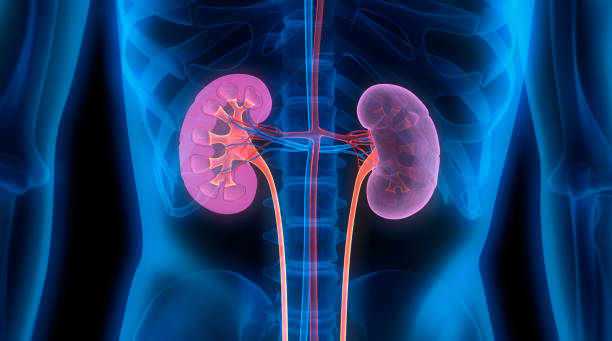We hear the term kidney failure almost every day around us. This is a condition that occurs when the bean-shaped organ kidney loses its ability to filter blood. In that condition, dangerous levels of waste may accumulate, and your blood’s chemical makeup may get out of balance. Acute kidney failure also called an acute renal failure or acute kidney injury develops rapidly, usually in less than a few days. Acute kidney failure is most common in people who are already hospitalized, particularly in critically ill people who need intensive care.
What causes kidney diseases? Signs and symptoms of acute kidney failure may include decreased urine output, although occasionally urine output remains normal. Fluid retention, causing swelling in your legs, ankles or feet. Shortness of breath, fatigue, confusion, nausea, weakness, irregular heartbeat, chest pain or pressure, seizures or coma in severe cases, sometimes acute kidney failure causes no signs or symptoms and is detected through other means.
The question of what causes kidney diseases includes many answers. Acute kidney failure can occur when you have a condition that slows blood flow to your kidneys this can cause direct damage to your kidneys. In a condition when your kidney’s urine drainage tubes become blocked and wastes can’t leave your body through your urine. Impaired blood flow to the kidneys. Diseases and conditions that may slow blood flow to the kidneys are the many reasons. Kidney injuries include blood or fluid loss, blood pressure medications, heart attack, heart disease, infection, liver failure and others.

